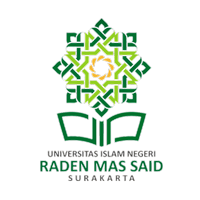EXPLORING THE DIVERSITY OF MEANINGS IN THE NAMING OF TRADITIONAL CULINARY LEXICONS OF INDRAMAYU REGENCY
Contributors
Roni Nugraha Syafroni, S.Pd., M.Pd.
Dr. Dewi Suprihatin, S.Pd., M.Pd.
Rizki Teja Pratama, S.Pd., M.Pd.
Rosalinda
Keywords
Proceeding
Track
General Track
License
Copyright (c) 2025 International Conference on Cultures & Languages

This work is licensed under a Creative Commons Attribution-NonCommercial-NoDerivatives 4.0 International License.
Abstract
This study investigates the semantic diversity embedded in the naming lexicon of traditional culinary dishes in Indramayu Regency, West Java, Indonesia. The research aims to uncover variations in meaning, both literal and culturally constructed, reflected in local food terminology. Using descriptive analytical methods, data were collected through field observations, interviews with food vendors, menu documentation, and restaurant signage. The analysis focuses on identifying variations in the extended meanings of culinary terms within the local linguistic and cultural context. The findings reveal that the names of traditional dishes often carry multiple meanings that relate not only to their ingredients or preparation methods, but also to historical events, social values, and regional identity. This semantic diversity shows how language and culture interact dynamically to preserve and change regional culinary traditions. In order to promote cultural sustainability and deepen our awareness of the regional language environment, this study emphasizes the significance of recording and analyzing such linguistic events. In this article, ten culinary data sets were examined.

